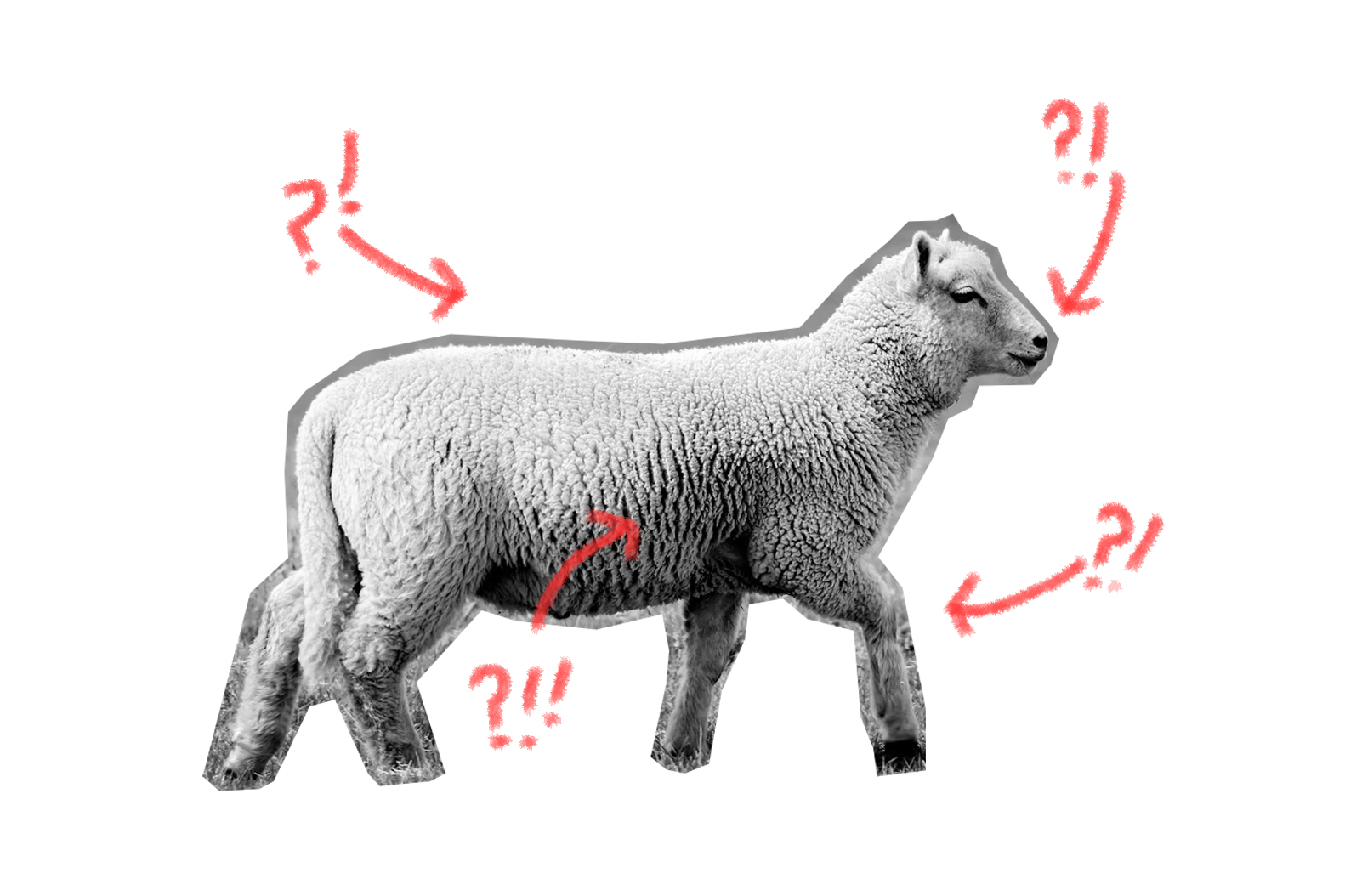Now you must realise that there are three ways we neglect something.
- We neglect something by not doing it.
- We neglect something when we stop doing it.
- We neglect something when we do it wrongly.
I would suggest that discipleship is neglected in the church, not because we are not aware of it.
It’s right there in the scriptures. Every church will have discipleship in its focus or somewhere in its mission statement because it’s part of the Great Commission.
Then why is it still neglected? I must suggest that it’s because we’re doing it wrongly.
Let me give you the evidence through the five flaws in the discipleship movement, observed over two decades and at least three continents.
THE FIRST FLAW: BEHAVIOUR MODIFICATION OVER INTERNAL TRANSFORMATION

The first flaw is how we’ve placed an outside-in rather than inside-out emphasis on discipleship.
In other words, discipleship is seen as behavioural modification rather than a fundamental change of core values. And if our core values are not changed, what then is changed?
We have misunderstood discipleship as a regimental journey rather than a redemptive journey under the cross of Jesus.
Behavioural modification is not discipleship. Aligning people to a certain regimentation is not discipleship. We have misunderstood discipleship as a regimental journey rather than a redemptive journey under the cross of Jesus.
We have understood discipleship as: “Have you done your Quiet Time? If you’ve done your Quiet Time, have you done it at 6am in the morning? Are you sharing the gospel? Are you going on a mission trip? Are you doing all these things…”
Check, check, check, check, check.
We focus on behavioural modification almost to the point where life takes on a religious Pharisaic nature.
Instead of the outside-in, what we need is transformation from the inside out — inner redemptive change by the power of the gospel of Jesus.
THE SECOND FLAW: KNOWLEDGE TRANSFER OVER APPLIED TRUTH

The second flaw of the discipleship movement is that we look at the discipleship movement as a programme. Discipleship is not just a programme.
And because we look at discipleship only as a programme, we come to see discipleship as merely knowledge transference.
I have some knowledge, I transfer my knowledge to you, we are making disciples. But knowledge doesn’t change lives – applying it does.
Discipleship is more than just knowledge transfer because knowledge alone doesn’t change lives. Applying truth is what changes lives.
So when we look at discipleship merely as a programme, merely as knowledge transfer, we’re doing it all wrong. We neglect the essence of discipleship altogether, which is following Jesus.
THE THIRD FLAW: SPIRITUAL MULTIPLICATION OVER SPIRITUAL MATURITY

Here’s the third: In pursuing the mission of disciple-making, we have missed the mandate of discipleship.
The first call of the Kingdom is not to advance the Kingdom but to abide in the King so that the Kingdom might advance.
Let me explain. The mission of disciple-making is important and intentional, it’s part of the Great Commission to go and make disciples.
But the call to make disciples is a call to come under an authority: To come to abide in Him in whom all authority resides and flows.
That is why abiding in Christ – the mandate of being in Him – is the cradle and the foundation for the mission of reproducing disciples.
The mission must be created by the mandate.
The first call of the Kingdom is not the call to advance the Kingdom. The first call of the Kingdom is to abide in the King so that the Kingdom might advance.
Abiding in Christ – remaining in Him – is so crucial for the whole Great Commission of discipling the nations.
If we get all excited (and we should be) about discipling the nations, but neglect the mandate of abiding in Jesus – if we emphasise spiritual multiplication and neglect spiritual maturity – we compromise our spiritual pilgrimage and our entire spiritual life.
- Church attendance is not spiritual maturity.
- Knowledge alone is not spiritual maturity.
- Religious zeal alone is not spiritual maturity.
- A spiritual office, whether you’re a pastor, senior pastor or bishop, is not spiritual maturity.
- Spiritual giftedness is not spiritual maturity.
We have miscategorised these things, therefore our discipleship is compromised.
Oh, I have the office of a spiritual leader, I have the gifting of a spiritual leader, I have all these as a spiritual leader, I’m spiritually mature.
Not necessarily so. We can have the office of a spiritual leader, the exceptional gifting of a spiritual leader, and yet be carnal before the Lord.
And so our discipleship movement cannot be outside-in or a mere religious programme. It cannot just emphasise the mission and the multiplication.
It must emphasise the mandate and maturity, the results of abiding in Jesus.
THE FOURTH FLAW: DISCIPLESHIP WITHOUT EVANGELISM

The fourth flaw is how evangelism has been delinked from discipleship. Jesus didn’t do that – His heart is for the world. So when He called His disciples to discipleship, He sent them out to preach, He sent them out to win the lost.
But now what are we doing? We say: “Oh, let us win the lost, but we don’t have time to disciple. Or let’s disciple, let’s form a Bible study or discipleship group, but without the intentional focus of winning the lost.”
We have delinked discipleship from evangelism, and evangelism from discipleship.
But evangelism is the beginning point of following Jesus because it touches the heart of Jesus. And until and unless we come back to that sense of love for the loss – we don’t understand the heart of Jesus.
We don’t understand true discipleship.
THE FIFTH FLAW: DISCIPLESHIP WITHOUT THE HOLY SPIRIT

Here’s the fifth flaw of the discipleship movement: We have marginalised the Holy Spirit in discipleship.
I honestly don’t know how to do discipleship and engage in disciple-making without the leading of the Holy Ghost. It’s fundamental theology.
It goes back to the Triune God reaching out to the lost, redeeming people through the power of the gospel, and through the Holy Scriptures, by the Holy Spirit, transforming us.
How can we possibly be transformed to follow Jesus apart from the one whom Jesus said: “I’m not leaving you alone, I’m sending you the Comforter, the Holy Ghost”?
We need a fresh anointing of the Spirit of the Living God in discipleship.
This is the third article in Reverend Edmund Chan’s 3-part series on demystifying discipleship. Catch up here on the first and second articles.
- What does true transformation look like in comparison to behavioural modification? Where have you experienced this tension?
- Recount an example where you applied a taught truth in your life.
- What is your understanding of spiritual maturity? How have you spiritually matured over the years of following Jesus?
- How do you feel about evangelism? Does it come naturally to you – and why or why not?
- How have you experienced the Holy Spirit as your comforter and counsellor in life?










